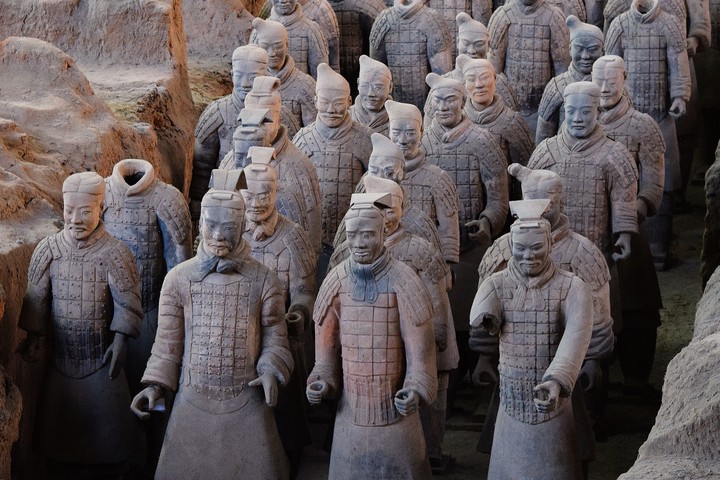Regional Dependence and Political Centralization in Imperial China
 Image credit:
Unsplash
Image credit:
Unsplash
Abstract
We apply the concept of externalities to explain China’s long history of political centralization and its placement of the national capital. We argue that Eurasian geography created significant and persistent defense externalities between the Chinese regions. Opportunities to free ride imply that voluntary cooperation could not provide a long-term solution to the problem. A natural solution was to create a centralized state that would use coercion to enforce cooperation. Our model suggests that when an externality is strong, building the national capital in the region where the externality originates could be optimal. This provides a potential explanation as to why China’s capital was usually located in the strategically important north and west instead of the economically productive south and east.